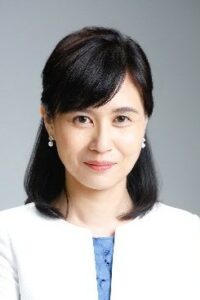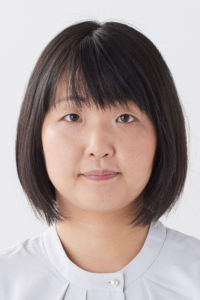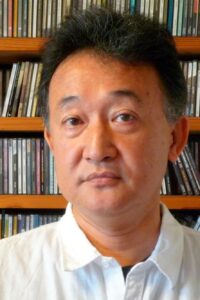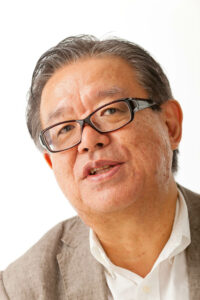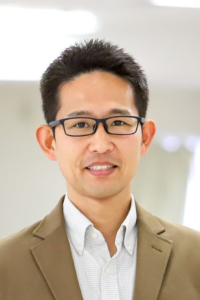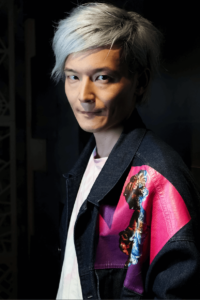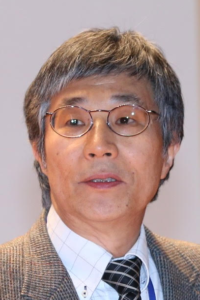
Kariya Takehiko, Professor, Oxford University Arrival (December 20, 2021) At 15:40, the London to Tokyo direct flight touched down at Haneda Airport after a flight of a little less than twelve hours. When I booked the flight in October 2021, arrivals who had been double-vaccinated were exempt from quarantine at a facility. By December omicron variant infections were spreading in South Africa and there were also signs of the virus in Britain (53,945 confirmed infections on December 2, 2021). So, regardless of whether you were vaccinated or not, arrivals from Britain were required to spend six days in quarantine. Still, I was optimistic that I would clear quarantine in six days. After arrival, we were asked to wait in the cabin for thirty minutes for reasons of coordinating the barrage of formalities about to start. I was a little tense after leaving the plane ... ... [Read more]
